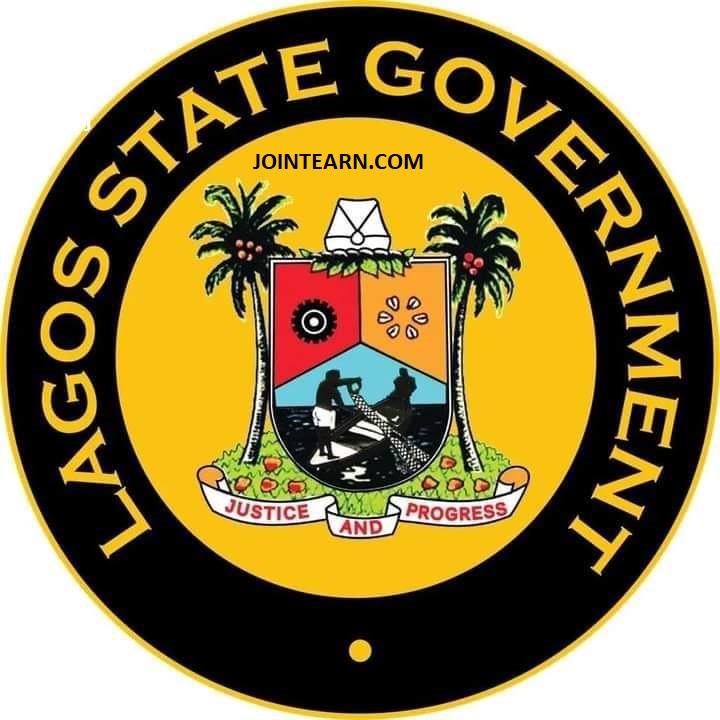In a strategic move aimed at enhancing the water supply and management systems in Lagos, the Lagos State Government (LASG) has signed a Memorandum of Understanding (MoU) with private sector players to develop and rehabilitate critical water infrastructure across the state. The partnership, announced in a ceremony at the Lagos State Government Secretariat, marks a significant step toward addressing the growing water needs of the state’s expanding population.
The MoU, which was signed by key officials of the Lagos State Ministry of Water Resources and Environment, and representatives from the private sector companies, outlines a comprehensive framework for rehabilitating existing water plants, upgrading distribution networks, and ensuring sustainable water supply systems. The project will cover various parts of the state, particularly areas with limited access to clean water, and aims to significantly improve the quality of water services for residents.
At the signing ceremony, the Governor of Lagos State, Mr. Babajide Sanwo-Olu, reiterated his administration’s commitment to improving the water and sanitation infrastructure, as part of its broader effort to enhance urban development and address the challenges posed by rapid population growth. Governor Sanwo-Olu acknowledged the critical role of the private sector in bridging the gap in infrastructure development and expressed optimism that the partnership would help deliver a lasting solution to the state’s water supply challenges.
“We recognize that Lagos is a fast-growing metropolis, and with over 20 million people, the demand for water has increased dramatically. This partnership with private investors is a crucial step towards ensuring that Lagosians have access to clean, safe, and reliable water. Our goal is to create a sustainable water supply system that will serve future generations,” Governor Sanwo-Olu said.
The partnership comes at a time when Lagos, like many other rapidly urbanizing cities, faces significant pressure on its water resources. Water scarcity, inadequate infrastructure, and the effects of climate change have made it increasingly difficult to meet the needs of the population. According to the Lagos State Ministry of Water Resources, many areas of the state still rely on poorly maintained or outdated water supply systems that are unable to meet the growing demand.
Under the terms of the MoU, the private sector partners will take on the responsibility for rehabilitating and upgrading key water plants, as well as building new ones in underserved areas. The project will include the installation of modern water treatment technologies, the construction of new pipelines, and the improvement of distribution networks to ensure more reliable and equitable access to clean water. The initiative will also focus on increasing the efficiency of water usage and reducing losses within the system.
The Commissioner for Water Resources and Environment, Mr. Tunji Bello, emphasized that the partnership would play a pivotal role in the state’s ongoing efforts to ensure equitable access to water for all residents, especially in the informal settlements and low-income areas where the water supply has been most inadequate.
“We are excited to work with our private sector partners on this critical project that will transform the water supply in Lagos. We are committed to ensuring that every resident, regardless of their socio-economic status, has access to clean water. The rehabilitation of our water plants and the improvement of our distribution network will go a long way in addressing the water scarcity challenges that many Lagosians face,” Mr. Bello said.
The MoU also outlines a phased implementation plan that will prioritize the most urgent areas, with a focus on rehabilitating older plants that are no longer operational or are operating below capacity. In addition to rehabilitating water plants, the project will incorporate modern technologies such as real-time monitoring systems to track water usage, minimize waste, and improve service delivery.
The private sector partners, which include both local and international companies, will bring their expertise in water infrastructure development and financing to the project. These companies will also collaborate with the LASG on long-term maintenance and management of the water systems, ensuring that the infrastructure remains operational and sustainable.
One of the significant elements of the partnership is the emphasis on capacity building within the LASG’s water management institutions. As part of the MoU, the private partners will provide training and technical support to the state government’s water resources team, helping to build local expertise in managing complex water systems. This knowledge transfer is expected to enhance the state’s ability to manage its water resources more effectively in the future.
The project is also expected to have a positive economic impact, with the creation of jobs in both the construction and operational phases. The rehabilitation of the water infrastructure will support businesses and industries that rely on a consistent water supply and will contribute to improved public health by reducing the incidence of waterborne diseases.
In a statement, one of the private sector partners, representing the consortium involved in the project, expressed confidence in the success of the partnership and the long-term benefits it would bring to the people of Lagos.
“This partnership aligns with our commitment to investing in sustainable infrastructure projects that have a positive impact on communities. By collaborating with the Lagos State Government, we will help ensure that Lagos becomes a model of urban water management that other cities across Africa can emulate,” the spokesperson said.
As the project progresses, stakeholders have stressed the importance of maintaining public engagement and ensuring that residents are kept informed about the developments. Community outreach programs will be launched to educate the public about the benefits of the project and how they can contribute to its success.
With the signing of the MoU, the LASG and its private sector partners are now poised to take significant steps toward improving the water supply infrastructure in Lagos, ensuring that the state’s residents have access to the water they need for a better quality of life.












